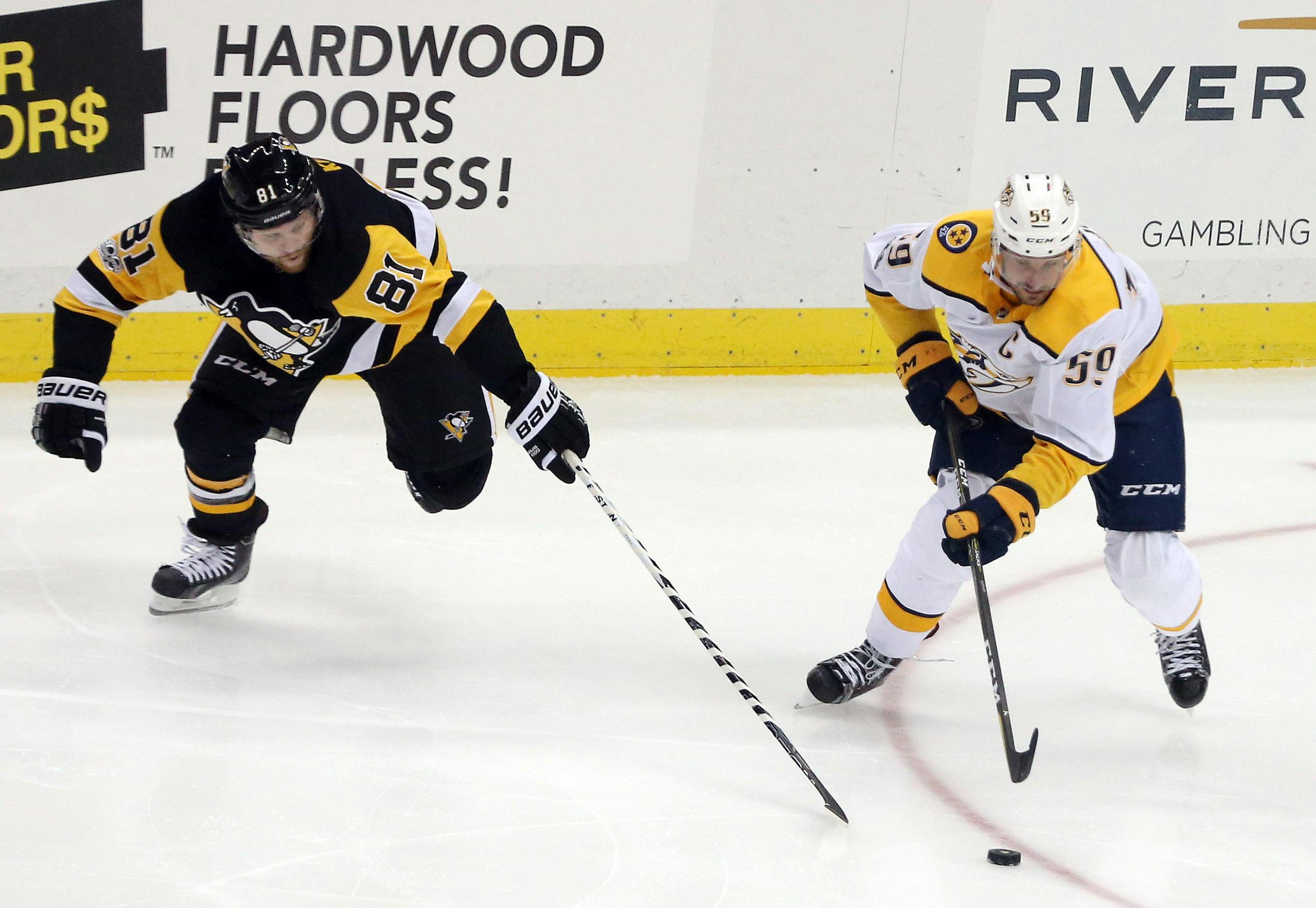The Leafs’ worst contract is actually Phil Kessel’s retained salary
Photo credit: © Charles LeClaire-USA TODAY Sports
Nov 25, 2020, 09:00 EST
Breaking News
- 5 takeaways from Leafs-Panthers Game 3: An electrifying start squandered in Sunrise
- Knee Jerk Reaction: Leafs fall in game of bounces, lose in overtime vs. Panthers
- Former Panther Brandon Montour says Florida will be ready to respond in Game 3
- Panthers’ biggest stars have been quiet against Maple Leafs – but don’t expect that to last
- NHL betting preview (May 9): Maple Leafs vs. Panthers Game 3 predictions
